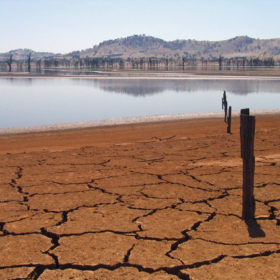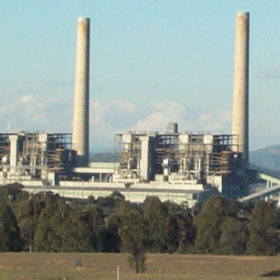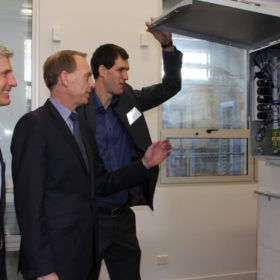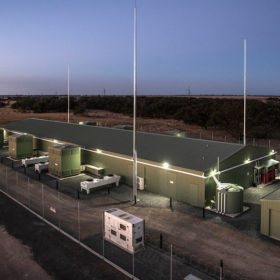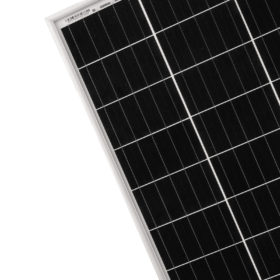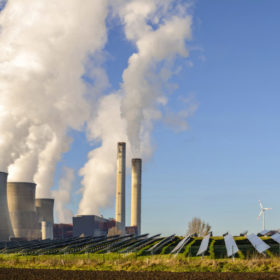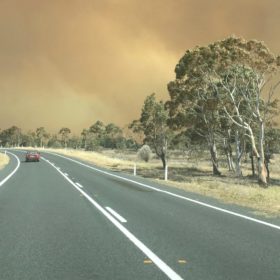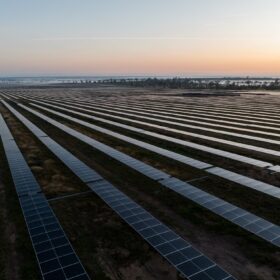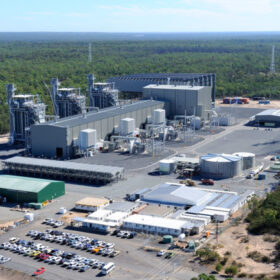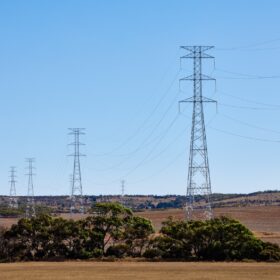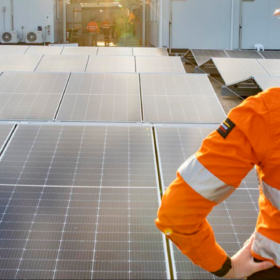Zero-emissions solutions are ready to roll, right when the economy needs them most
A major new report finds there is a pathway to zero emissions for every major economic sector in Australia. Over 18 months in the making, Decarbonisation Futures offers fresh ideas for how Australia can embrace the zero-emissions future that is visible on the other side of the pandemic, writes Amandine Denis-Ryan of ClimateWorks Australia.
Impact of Covid-19 on the global energy sector
Over the past few months, the Covid-19 pandemic has caused an unprecedented global economic and social crisis. The pandemic has significantly affected all aspects of life, including the energy sector.
Decommissioning coal – an opportunity for energy storage?
Coal has underpinned power generation for more than a century as a cheap, reliable and well understood technology, writes IHS Markit analyst George Hilton. Decommissioning of coal generation, in light of global efforts to reduce carbon emissions, will radically change the energy landscape and potentially leave a substantial gap to be filled by energy storage technologies.
Testing reveals what matters in batteries
An independent testing program for battery systems has revealed what failures can occur, and the key factors that underpin reliable battery operation and supply. Canberra-based ITP Renewables is carrying out the testing program and reports on its first two phases.
Do you know the difference between Virtual Inertia and Fast Frequency Response?
Virtual inertia is a fundamentally different mechanism to fast frequency response (FFR).
Understanding LeTID
Light- and elevated temperature-induced degradation (LeTID) of PV cells can have far-reaching impacts on the efficiency of modules. Alison Ciesla and Brett Hallam of the University of New South Wales argue that accelerated testing, such as that included in the forthcoming IEC standards, is critical for LeTID identification and quantification in order to manage these impacts.
Global coal generation fell by a record amount in 2019, while COVID-19 may cause bigger fall in 2020
Short- and long-term impacts of the pandemic on electricity markets are still unclear.
Short-term symptoms
The COVID-19 outbreak has disrupted the global PV supply chain. China, the largest manufacturing hub for solar products, has postponed factory openings in many regions, as it has been hit by logistical hiccups, staff shortages, and delivery delays. Manufacturers in some Chinese provinces are running under capacity, while those overseas are facing the same situation.
Combating the cyber threat to Australia’s distributed solar grid ambitions
At the World Economic Forum in Davos in January, cyber threats to critical infrastructure were listed as a top ten global threat and many experts believe that an attack on Australian energy infrastructure is a case of ‘when’ not ‘if’. Here are my thoughts on how to get ahead of this challenge as the growth in distributed rooftop solar PV systems also expands the ‘surface area’ vulnerable to attack.
Australian energy resilience: improving the plan for future climate events
Resilience is measured by the ability to adapt to a changing environment. This includes the capacity to prepare for and reduce the impact caused by disruptive events and the ability to recover rapidly. How can we better plan to maintain continuous supply of energy during and after an incident?
